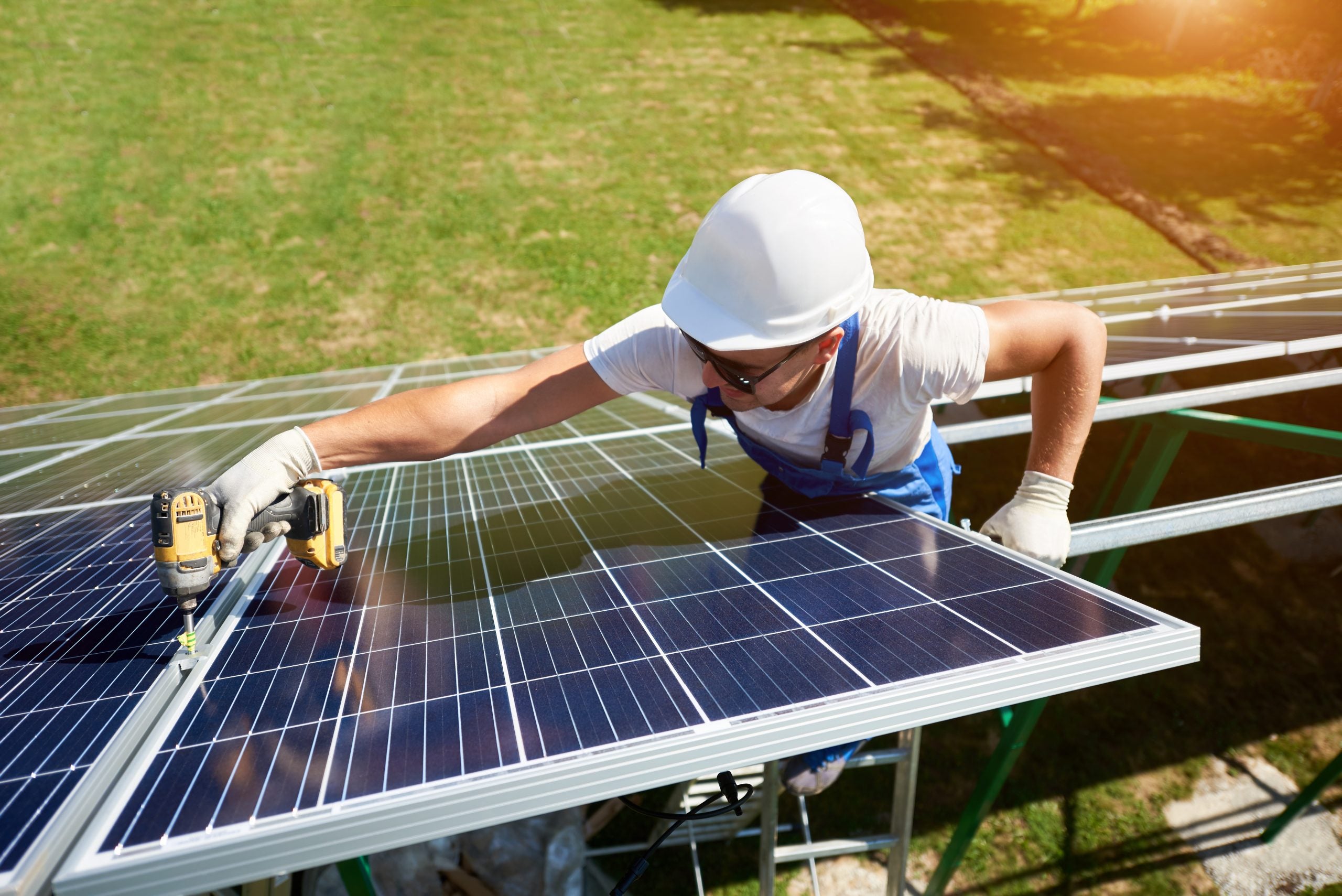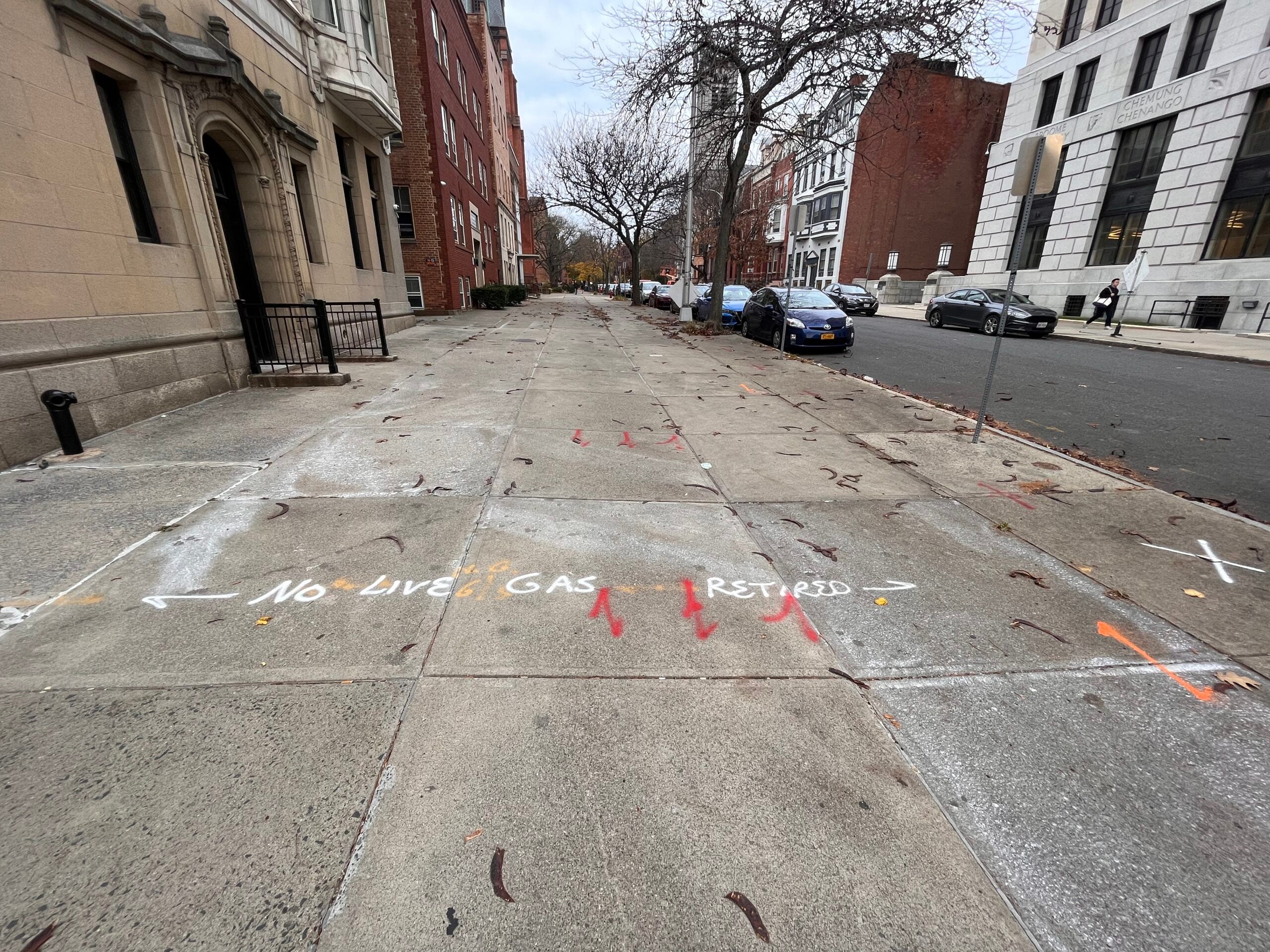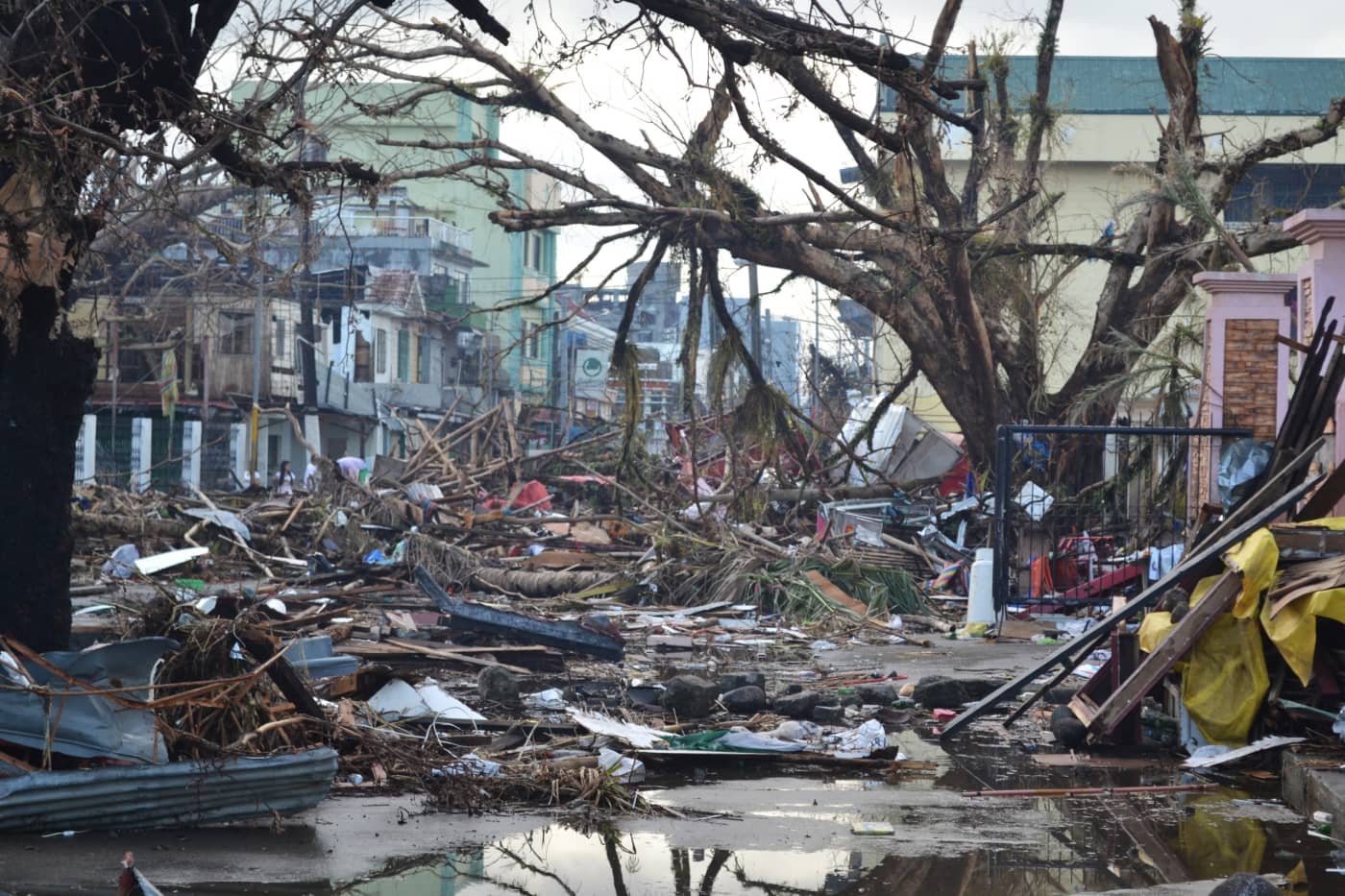
Professional worker installing solar panels. Shutterstock.
(This post was written by EDF Vice President for Political and Government Affairs Joanna Slaney)
Two key U.S. House committees this week advanced a tax plan that effectively ends incentives for clean energy and electric vehicles, undermining an American-made energy boom while raising costs for businesses and families and threatening people’s health with more pollution.
The draft legislation also includes repeals of the U.S. Environmental Protection Agency’s tailpipe pollution standards and the U.S. Department of Transportation’s more protective fuel economy standards for the nation’s new cars and passenger trucks – rules aimed at reducing expensive fuel use and harmful pollution while providing cleaner air.
The move is a clear abuse of the reconciliation process, which allows Congress to advance certain spending and tax bills on a simple majority vote, freeing lawmakers from the 60-vote threshold in the Senate most legislation must meet to be considered.












